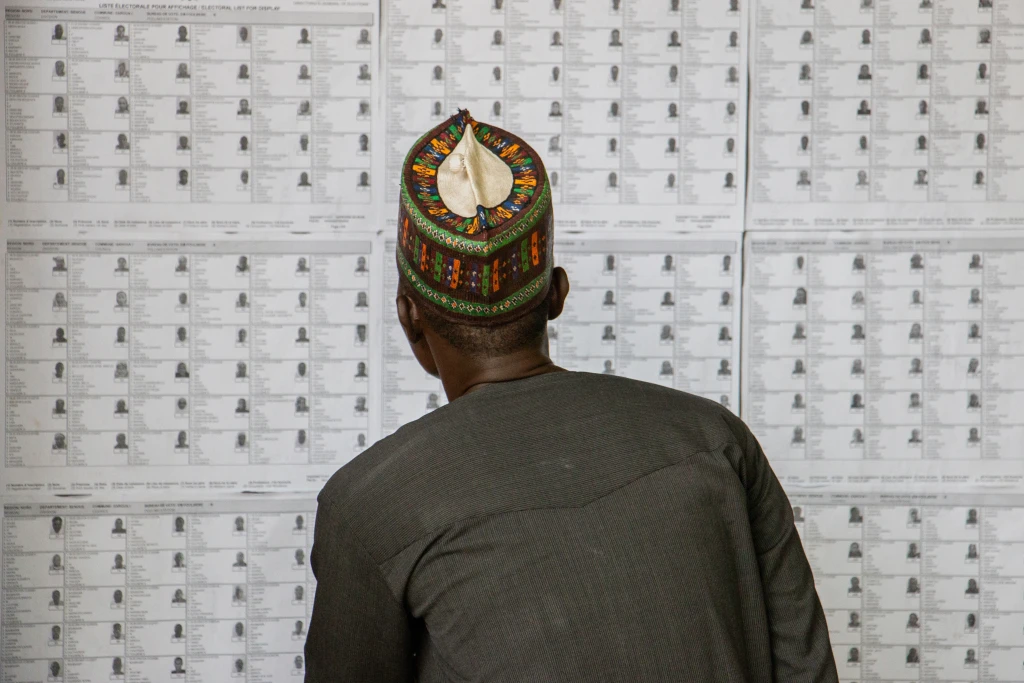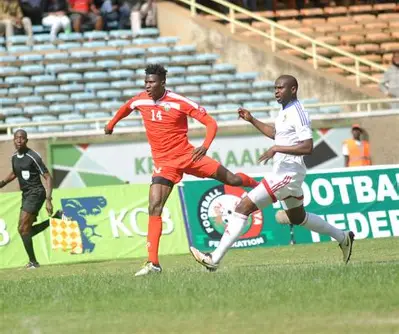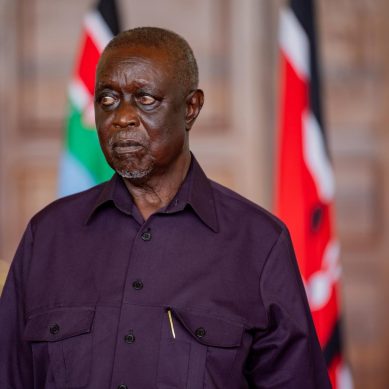‘Abducted’ opposition leader’s wife tells Ugandan president ‘to reflect on solution of criminalising and eliminating opposition’
Uganda’s government spokesperson, Chris Baryomunsi, said last week his country does not carry out abductions, and that arrests abroad were done in collaboration with host countries, but did not comment on the specific case.
Ugandans lack socioeconomic transformation because public funds are only dished out to the ‘politically correct’
Land-grabbing and the settlement of an alien group of people in all parts of the country where the traditional ethnic groups of Uganda have thrived for centuries have brought into focus a well-coordinated plot to own every resource in a cultural void.
Rethinking environment: Why Uganda’s diverse ecologies face extinction in absence of informed management and conservation
Few environmental managers are aware that time is an integral component of the environment. They are also unaware that the environment is more than the physical environment (the ecological-biological) and include the socio-economic dimension, the socio-cultural dimension and the socio-cultural dimension (which includes the sociopolitical perspective).
Kenyan police contingent in Haiti are on their own as gang violence surges, UN peacekeeping mission flops
In a recent statement, the Kenyan-led mission said it was “cognizant of the road ahead that is fraught with challenges.” But it noted that ongoing joint patrols and operations have secured certain communities and forced gangs to change the way they operate.
Adani Energy Solutions: We’ve not ‘entered into any contract in connection with any airport in Kenya’
US authorities on Wednesday indicted Adani Group founder Gautam Adani and seven others, alleging they paid $265 million in bribes to Indian officials. The group denied the allegations.
Delayed response hands Kenyan runner Anyango six years ban for use of testosterone
The AIU said Emmaculate Anyango failed to respond to the charge before the November 1 deadline, which waived her right to a hearing, while multiple samples testing positive for banned substances ultimately led to a longer ban.
Shoot-out at home of former intelligence boss highlight growing unease in South Sudan
South Sudan remains fragile despite a 2018 peace agreement that ended a five-year civil war in which more than 400,000 people died.
Frying pan into fire: Sudanese and Eritrean refugees in Ethiopia’s Amhara region face daily attacks
Some refugees at the site have been shot, while others have been stabbed by armed men who steal mobile phones, cash and other items. At least nine refugees have been killed at Alemwach in the past year, according to a tally by the camp’s leadership committee.
Bribe notes’ with per megawatt rates: At just age 30, Sagar Adani pulled the strings from Prime Minister’s office to top officials in states
The crisis is the second in two years to hit the ports-to-power conglomerate founded by Gautam Adani, 62, who Forbes magazine says is the world’s 25th richest man.
Kenya’s President Ruto quashes three mega-dollar tenders controversially awarded to Adani Group
Adani Energy Solutions in October signed a 30-year, $736 million public-private partnership deal with the Kenya Electrical Transmission Company. A court suspended the contract in the same month after questions were raised about the transparency of the controversial deal.















